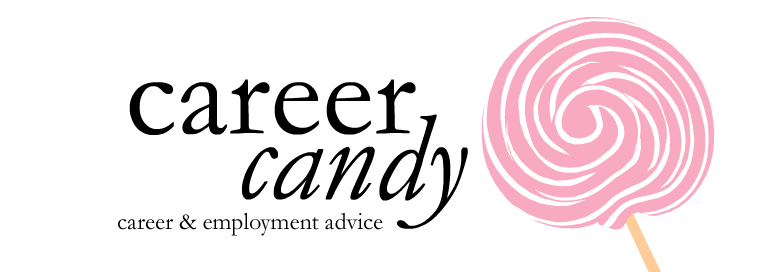“Worst first!”
The research is conclusive;
setting small daily goals gets things done!
The next morning, tackle
those three items. The rule is: “Worst
First!” Meaning, get the important, necessary and tough stuff started or
finished before you do anything else.
Maybe you’re procrastinating about
asking the friend of a friend for an introduction or contact? Put it on your “Worst First!” list.
Maybe you really
need to exercise or meditate in the morning. Put it on your “Worst First!” list.
Maybe you’re
putting off reading a journal article that will help you become more
knowledgeable. Put it on your “Worst
First!” list.
Everyday, commit to your “Worst
First!” list. Do nothing until you start each task: Do not check email. Do
not go on the Internet. When you finish your “Worst First!” list, anything else you do during the course of an
average day is a huge bonus.





